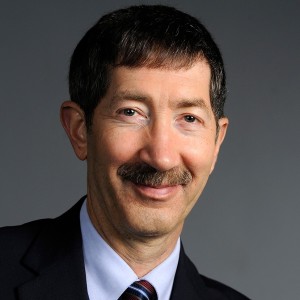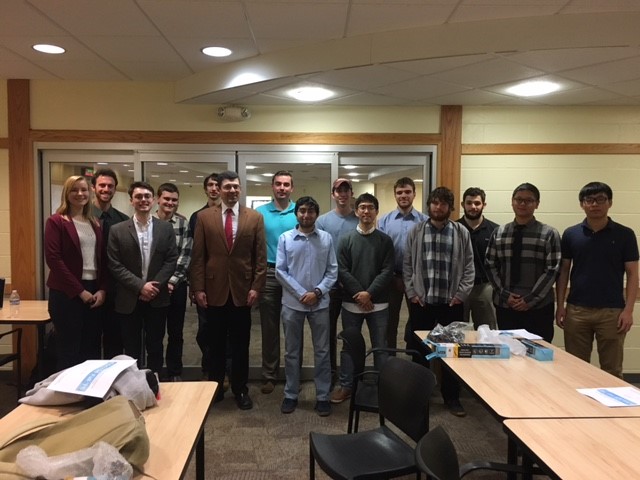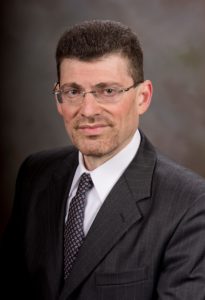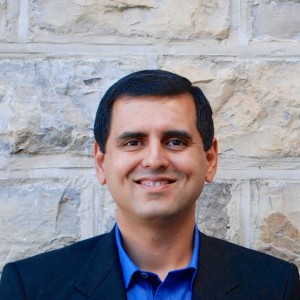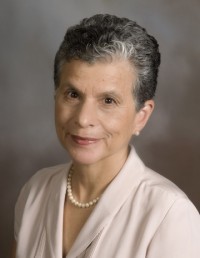Dr. Edward Fox, professor of computer science, has been named an IEEE Fellow for leadership in digital libraries and information retrieval.
The IEEE Fellow grade is conferred by the IEEE Board of Directors upon a person with an outstanding record of accomplishments in any of the IEEE fields of interest. The total number selected in any one year cannot exceed one-tenth of one-percent of the total voting membership. IEEE Fellow is the highest grade of membership and is recognized by the technical community as a prestigious honor and an important career achievement.
Dr. Fox directs the Digital Library Research Laboratory and the Networked Digital Library of Theses and Dissertations. He is known for extraordinary contributions to technology-enriched learning activities in the classroom. When asked what this honor means to him, Dr. Fox said, “It is always an honor to be recognized in such a way and I’m grateful for all the people who have worked with me over the years.”
Fox has held multiple leadership positions in IEEE. He is a member of the IEEE Thesaurus Editorial Board and a member of the Executive Committee of the Technical Committee on Digital Libraries; he served as chair of TCDL from 2004 to 2008. He has been an IEEE Senior Member since 2004. He was on the editorial board of IEEE Multimedia from 1997-2003. Fox was General Chair for the ACM/IEEE Joint Conference on Digital Libraries in 2001, and has served on the JCDL steering committee since 2003, including as chair from 2010 to 2014. Fox also has served on the program committee of many IEEE conferences and workshops.
Fox has been (co)PI on over 123 funded projects. He has co-authored and/or edited 18 books, and (co)authored 120 journal/magazine articles, 49 book chapters, and 211 refereed conference/workshop papers. These are in areas including digital libraries, information storage and retrieval, machine learning/AI, computational linguistics (NLP), hypertext/hypermedia/multimedia, computing education, and electronic publishing. His work has been cited more than 14940 times and his h-index is 56 according to Google Scholar. Fox has graduated more than 50 masters and Ph.D. students.
Dr. Ed Fox holds a Ph.D. and M.S. in Computer Science from Cornell University, and a B.S. from M.I.T. He joined the Virginia Tech Department of Computer Science in 1983.
The IEEE is the world’s leading professional association for advancing technology for humanity. Through its 400,000 plus members in 160 countries, the association is a leading authority on a wide variety of areas ranging from aerospace systems, computers and telecommunications to biomedical engineering, electric power and consumer electronics.
Dedicated to the advancement of technology, the IEEE publishes 30 percent of the world’s literature in the electrical and electronics engineering and computer science fields, and has developed more than 1300 active industry standards. The association also sponsors or co-sponsors nearly 1700 international technical conferences each year. If you would like to learn more about IEEE or the IEEE Fellow Program, please visit www.ieee.org.
